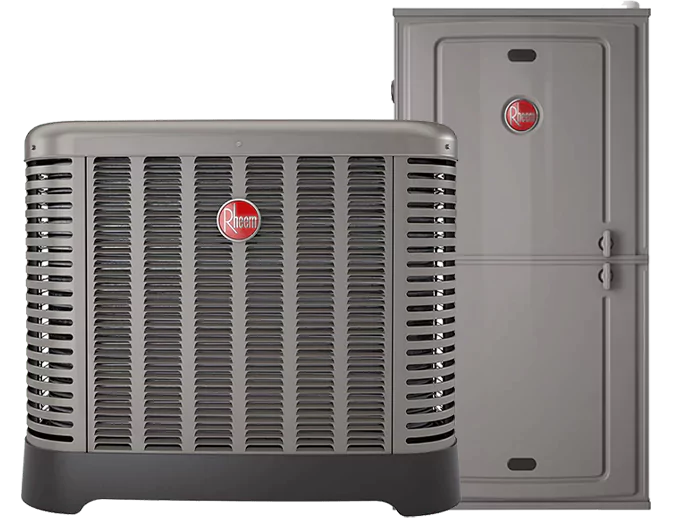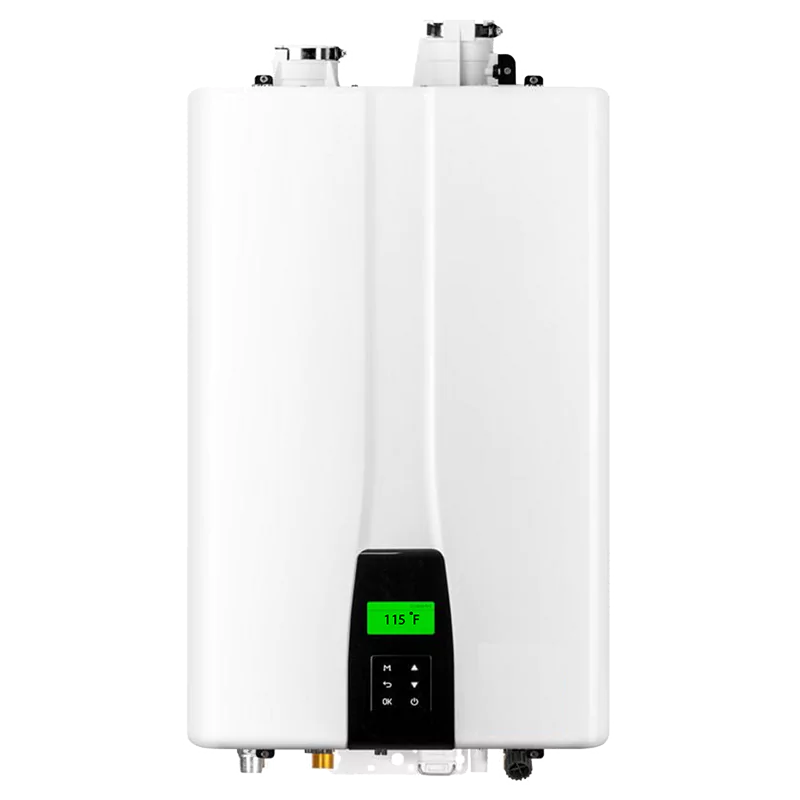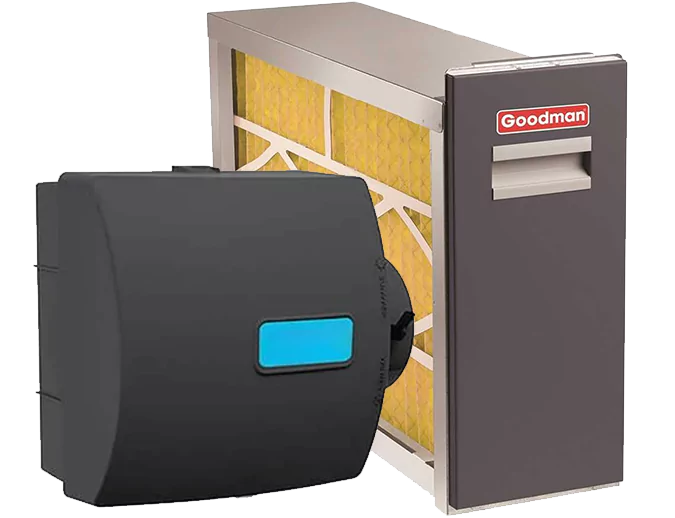Losing power in your home is no joke. Sometimes it’s not that serious—just a few hours of your kids complaining about a lack of wifi and Netflix. But other times? It’s super serious: spoiled food, a flooded basement, or no heat or air conditioning.
Whether you’re looking to avoid a minor inconvenience or a major disaster—of if you just want to be prepared for whatever—a generator may be just what you need. Here’s how to choose one for your home.
Option 1: Pick your scenario
One way to choose the right generator is to think about how much you’ll use it. Frequent outages may mean you need a heavy-duty or automatic option. For occasional outages, consider something with moderate wattage and a manageable bill. If you’re more concerned about infrequent outages—like a storm that ruins your movie night—consider a generator that powers specific appliances (and not for very long).
Option 2: Pick your wattage
Another way to choose your new generator is to find out how much power you need:
1. Walk around your home and make a list of everything you’d want to be operational during an outage. Don’t forget the things you don’t see, like heating and air conditioning.
2. Look at the labels on each of your listed appliances and add up the wattage. You can also use online lists and calculators to help, but double-check a few so you have the most accurate counts.
3. Allow for start-up needs. Some appliances—refrigerators, AC, those with motors—use more watts when starting up or cycling. Look at your appliances for the listed start-up wattage and account for them accordingly. Or, just multiply your wattage by two to be extra safe.
Types of Generators
Now that you have your list—what you want to power and a good guesstimate of how often you’ll need it—it’s time to decide among three types of generators: standby, portable, and inverter.
- Standby generators: are the most expensive—up to $10,000 with installation. You’re looking at about 20,000 watts on permanent standby outside your home. These models automatically kick on when your regular power source fails, and they can power your entire home at once. If you want 24/7 protection, experience frequent outages, and want your entire home to be lit up, a standby is worth looking at.
- Portable generators: power around 7,500 watts and often offer the best cost for their capacity. Some models can be installed into your breaker panel for hardwired appliances in your home, such as AC, sump pumps, and water heaters. Portable generators are noisier than standby models. Plus, they need a lot more gas, are bulkier, and often cost just as much to install. This generator is best if you occasionally or rarely experience outages.
- Inverters: come in a number of sizes. Midsized models are lightweight, quiet, efficient, and can handle about 3,500 watts. They cannot, however, be used for your hardwired appliances. A large inverter (think 7,500 watts) has the same benefits, but has to be installed, is more expensive, and needs stabilized gasoline (no natural gas or propane). An inverter is probably your best bet if you have occasional or rare outages and don’t need everything powered at once.
What about the bells and whistles?
Ultimately, you’re looking for a great fit based on your frequency of use, how much juice it needs, and how easy or practical it is to use. Be sure to consider these other factors when choosing a generator:
- Run time
- Warranties
- Installation costs
- Convenience
- Transport methods
- Number of included outlets
Above all, be sure your choice has solid safety features. Purchase a model with auto shut-off to prevent carbon monoxide poisoning, and be sure your home is equipped with multiple carbon monoxide detectors. And please, read the instructions for your specific model. It won’t be the most exciting thing you’ve read all year, but it’s important for your family’s safety.
When to Call the Professionals
Any generator that requires a transfer switch needs to be installed by a licensed Calgary electrician. A transfer switch is a unit that attaches your generator to your circuit breaker with a single cable. It’s safer, more convenient, and more reliable than using extension cords.
No matter what kind of generator you’re looking for, we can help! You don’t have to be in the dark when you’re making this big decision. Let us handle your recommendation, installation, and maintenance needs. Call us now!





